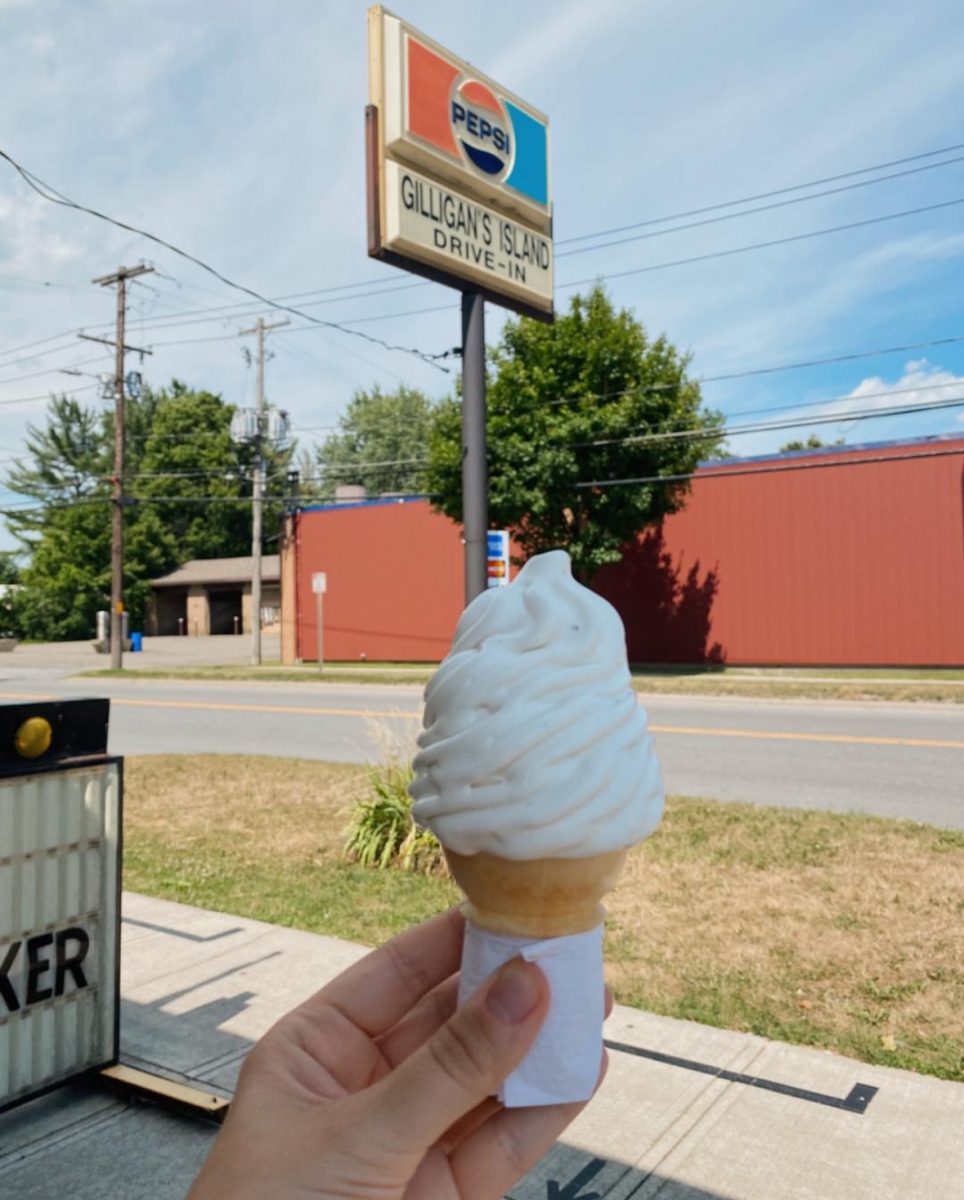For many students, returning to campus at the end of August is bittersweet as summer winds down. However, for fall athletes, summer ends much earlier, when they begin ramping up training for their sports. At Colgate University, all fall athletes participate in summer sessions, which vary in duration depending on the sport. These teams include football, men’s and women’s soccer, field hockey and cross country. Some athletes are the only students on campus during June and July, while others arrive in early August for double sessions, ready to get back to work.
Colgate’s football team holds multiple summer sessions, all mandatory for incoming first-years, with specific rules governing training in July and August. These sessions vary in intensity and focus. In July, team members typically participate in two to three hours of training per day, leaving ample time for bonding activities like golf or trips to the lake.
Junior wide receiver Max Walters emphasized the importance of summer training to his success as a football player.
“Summer training is all about preparing your body physically for the 16 weeks of in-season practice,” Walters said. “Without it, someone would have a difficult time staying healthy throughout the season.”
Walters explained that the focus on running and lifting in the summer is crucial because in-season training is more demanding due to the physical toll of football practices.
“The risk for injury is high, so it’s important that we don’t rush into contact practices immediately,” Walters said.
Walters emphasized that preseason is crucial for establishing a successful and supportive team environment.
“On-field chemistry is built mostly in preseason when we start practicing football,” Walters said. “Summer is about making each individual better, so when the time comes, we can be there physically and mentally for one another.”
Junior volleyball player Carlie Rzeszotarski shared her team’s different approach to summer training. Although their official report date is Aug. 7, many players, including Rzeszotarski, arrive on campus as early as July 22 to maximize their preseason preparation.
“We can’t work with our coaches until our report date, so every volleyball workout in the gym is led by upperclassmen,” Rzeszotarski said. “We treat it as a competitive open gym to play, get touches on the ball and make each other better.”
This dedication has been key to Colgate volleyball’s success, helping the team capture consecutive Patriot League titles. Beyond their achievements on the court, Rzeszotarski emphasized how summer training strengthens team connections off the court.
“It’s a great opportunity to bond because there’s less responsibility and more free time,” Rzeszotarski said. “This translates to our team chemistry on the court because we build genuine connections and want the best for each other.”
Sophomore field hockey player Alli Troth echoed similar sentiments, noting how preseason fosters strong team bonds.
“It definitely brings teammates together. You go through the same rigorous training, which creates a certain respect for each other,” Troth said. “We spend so much time together that by the start of the school year, we feel like family.”
Troth also described how the structure of preseason helps her transition back to campus life.
“The tight schedule during preseason helps me set good habits, like time management, sleeping and maintaining physical and mental well-being,” she said. “It’s a great way to get back into a routine before classes start.”
Often, the hard work and dedication that student-athletes put in during the summer go unnoticed, as many are unaware of the physical preparation and team-building taking place long before the official season begins. The time student-athletes spend on campus during the summer is integral in developing both their athletic capabilities and closeness as a team. Whether through structured practices or team-led workouts, this period allows athletes to connect, grow and set the stage for success in both their athletic and academic pursuits in the Fall semester.







